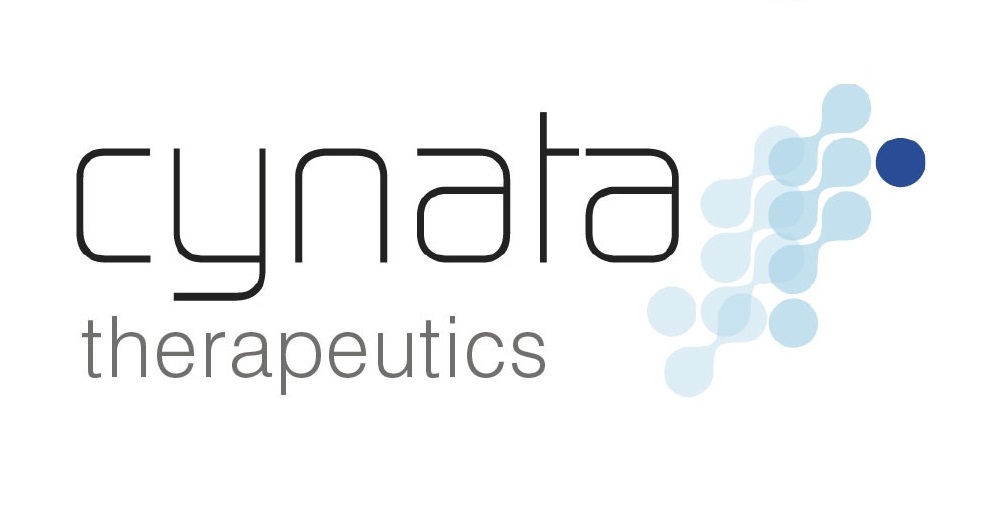It is official. Australian stem cell company Cynata Therapeutics has completed the world’s first Phase I trial involving an induced pluripotent stem cell (iPSC) derived therapeutic product. The landmark study involved the company’s lead product, CYP-001, an iPSC-derived mesenchymal stem cell (MSC) product that can be manufactured at therapeutic grade and at mass scale using Cynata’s Cymerus™ platform technology.
Next, the company will be initiating Phase II trials in graft-versus-host disease (GvHD), critical limb ischemia (CLI) and osteoarthritis, showcasing the power of Cynata’s platform technology to be leveraged across multiple indications. Osteoarthritis will be Cynata’s largest clinical trial to date and also one of the largest ever for an MSC product.
Cynata Therapeutics and Fujifilm
Cynata has released a Clinical Study Report (CSR) for its historic Phase I trial to its strategic partner and equity stake holder, Fujifilm. This event triggers for Fujifilm a 90-day window in which to exercise its license option for CYP-001.
If Fujifilm exercises this license option, it will issue Cynata Therapeutics a USD $3 million payment, as well as move the product toward milestones that could reach AUD$60 million, plus potential double-digit royalties on product sales.
For those unfamiliar with Cynata, Fujifilm took a A$3.97 million strategic equity stake in Cynata Therapeutics in January 2017. Under the partnership, Cynata Therapeutics and Fujifilm agreed to cooperate in the commercialization CYP-001 for GvHD.
With a market cap of U.S. $16.3B, Fujifilm is the global behemoth within the regenerative medicine space. Based on the Partnership Agreement signed by Fujifilm and Cynata in January 2017, Fujifilm could also engage in a “strategic relationship for potential future manufacture of CYP-001 and certain rights to other Cynata technology.”
Phase II Study for Osteoarthritis (OA)
In addition to its potential windfall from Fujifilm related to completion of its Phase I trial, Cynata Therapeutics achieved a financial victory related to its Phase II trial program. On December 13, 2018, the company announced that the Australian National Health and Medical Research Council (NHMRC) approved a grant to fund a Phase II trial to evaluate CYP-001 as a treatment for osteoarthritis (OA). OA is the most common chronic joint condition worldwide. It occurs when the cushion or cartilage between the joints starts to break down, leading to swelling, stiffness, and pain.
Within the United States, symptomatic knee OA affects 10% of men and 13% of women over age 60. Within Cynata’s home country of Australia, approximately 9% of the population is affected, or 2.1 million people. According to Cynata, preclinical research indicates that MSCs may improve outcomes in patients with OA by releasing growth factors and cytokines that reduce inflammation, promote tissue repair, support new blood vessel formation, and potentially, facilitate regrowth of damaged cartilage.
With the Phase II OA trial anticipated to commence in the second half of 2019, funding will be supplied by NHMRC and other participating institutions, requiring no cash contribution from Cynata. Cynata’s role will be limited to providing the cellular material needs for the study in the form of its Cymerus™ iPSC-derived MSCs.
Most importantly, with the recruitment of 448 patients, Cynata’s Phase II trial for OA represents one of the largest MSC trials ever run worldwide.
Cynata can support a trial of this scale, because it is the only company worldwide that has technology that can mass-produce therapeutic-grade mesenchymal stem cells from a single donor at a consistent quality and affordable cost.
Cynata’s Cymerus™ Stem Cell Platform
Cynata was the first company worldwide to scale-up manufacture of an allogeneic cGMP iPS cell line for deriving a cell therapy product. It sourced this cell line from Cellular Dynamics International (CDI) when it was an independent company listed on NASDAQ. By 2015, CDI was acquired by Fujifilm, who as mentioned above, is a major shareholder in Cynata and its strategic partner.
Cynata’s proprietary stem cell manufacturing platform is known as its Cymerus™ technology. Cymerus™ overcomes the challenges of other stem cell production methods by using iPSCs and a precursor cell known as mesenchymoangioblast (MCA) to achieve economic manufacture of therapeutic MSC products at commercial scale and without the requirement for multiple donors.
For the first time in history, this approach enables the industrial-scale manufacture of therapeutic MSCs and the ability to leverage a platform technology across a range of therapeutic applications, an exciting phenomenon which we are now seeing materialize.
In additional news, Wall Street biotech analyst Dr Raghuram Selvaraju of H.C. Wainwright & Co published a further research update on Cynata. This follows his recent visit to Australia during which he met with Cynata and a review of the company’s recent announcements about approval of its NHMRC grant to support a Phase II clinical study for osteoarthritis.
To learn more about the company or view this research report, visit www.cynata.com.
Cynata Therapeutics is a BioInformant advertiser. BioInformant and its representatives have no position in Cynata at the time of publication.
